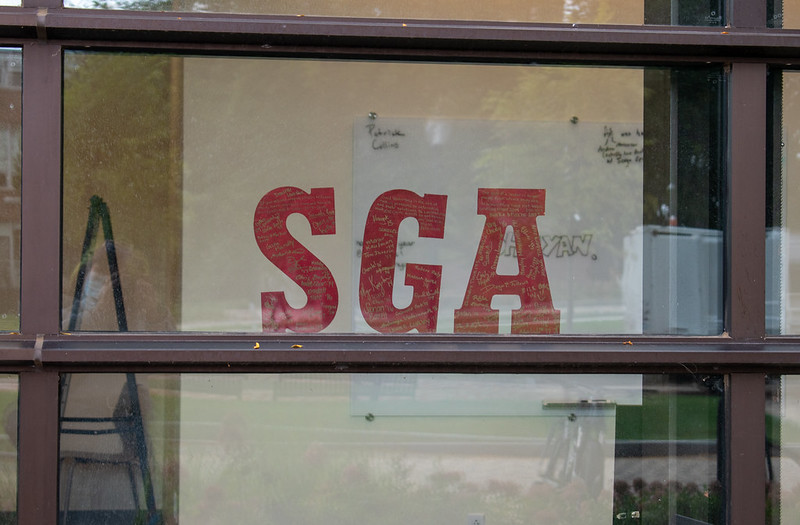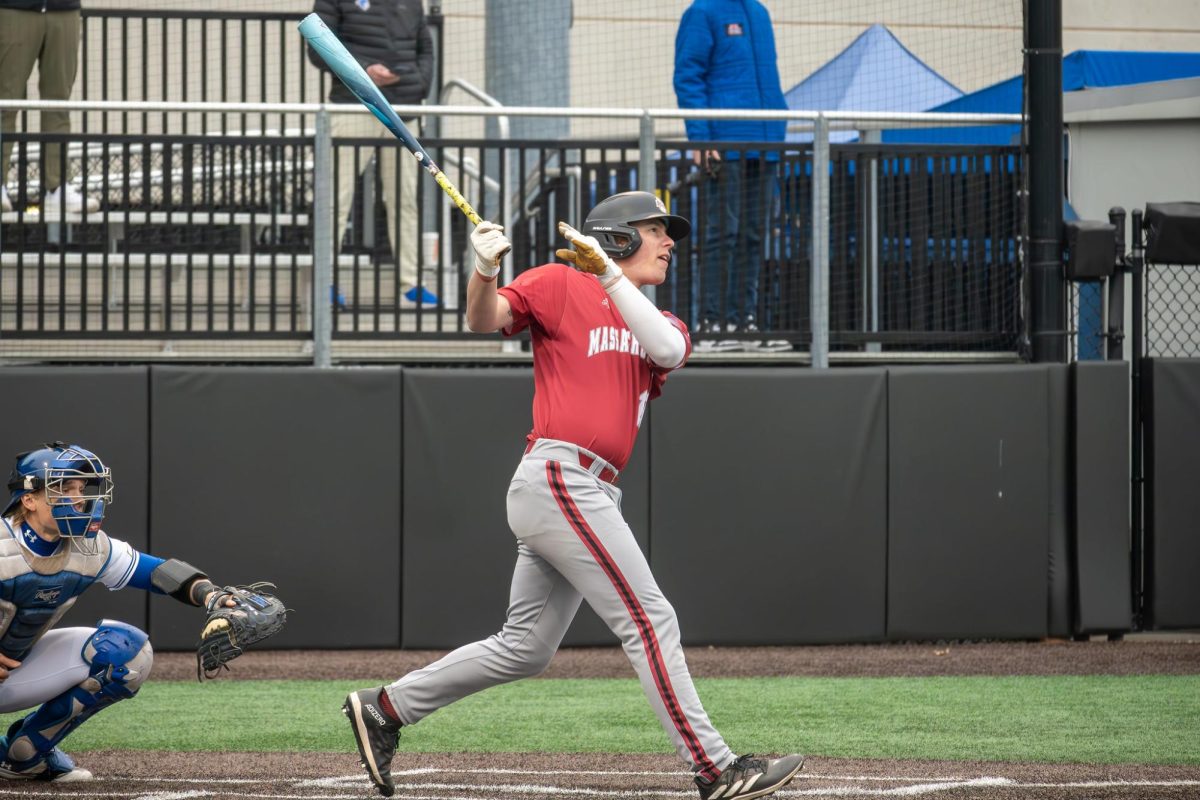You may notice that every year when you go to pay your tuition there is a student activities fee adding an extra 248 dollars to your bill. The University of Massachusetts Student Government Association will be voting at their meeting on Wednesday to increase that fee by 18 dollars, which will bring the total up to 266 dollars.
The student activities fee is the only fee that is not controlled by administration. The SGA is the only body that can vote on its increase.
According to John Dacey, chair of the ways and means committee, this 18-dollar difference would increase the cost of attendance for in-state students by 0.03 percent and out-of-state and international students by 0.06 percent.
But what is that fee going towards?
According to Lydia Washington, the senior director of organizational development and management, “There are set policies from the state that outlines what can be done with the money.” But mainly, students see their fee being used to fund registered student groups and the 12 SGA agencies and their employees.
Minimum wage increases for employees are a big reason as to why the SGA is pushing for this increase. “It’s only 75 cents but it’s a significant amount when you have to multiply it out across lots of people,” Amelia Marceau, student organization research center manager said.
The SGA also has concerns about their ability to provide proper finances for student groups with their current budget. Dacey said he worries about the SGA’s legitimacy. “What’s our purpose if we can only give you a small portion of the money you’re asking for,” Dacey said.
Every year, budget cuts for RSOs have been getting more aggressive. “I want us to be able to give, within a reasonable amount, as much to the ESOs as they are asking for,” he added.
Marceau, former chair of the ways and means committee, said that the SGA was going to propose this increase in 2020, but it didn’t seem reasonable to ask students for more money after the COVID-19 pandemic hit.
The need for more money has become more urgent since students have been back on campus and learning has gone back to in-person. “We kind of needed this two years ago,” Dacey said, “but now it’s kind of accelerated”
When student groups were online, there was a lesser need for a bigger money pool, since they were not putting on events or traveling. “Students wouldn’t have seen a benefit of their fee increase if everything was online,” Dacey said.
Travel and event costs are the biggest requests the SGA gets from RSOs. Dacey said that it often takes 10 to over 20 thousand dollars to put on an event.
“If groups have more money, they can put on more events for the campus, they can provide more food for people and they can also travel more and represent the University in more ways than they were before,” Marceau said.
A portion of the student activity fee goes toward paying off the Student Union. However, as explained by Dacey, the revenue from the 18-dollar increase would not go towards this and would be reserved for agency and RSO funding.
According to Dacey, “while the fee would be increased by 7.5 percent, the available funds to ESOs would increase by 12.2 percent since none of the 7.5 percent increase would be going towards the fixed cost Student Union renovation.”
For some students, this 18-dollar difference is not concerning, but for others who are already struggling with the financial burdens of college it is.
Although this is a mandatory fee that all students must pay, Dacey said that any student involved in an RSO or attends their events should see benefits from this increase. He also explained that there is a stark difference between this fee, and other administrative controlled fees.
“When the University has increased room and board or tuition, I feel like there’s not a tangible difference, like I don’t think year to year that room and board have gotten significantly better,” Dacey said. “With our fee increase there’s immediate effects that RSOs would be getting.”
As explained by Erin Schadel the UMass bursar, the student activity fee is not waivable, but if a student receives financial aid, that might lessen the cost.
The SGA will be voting on this at their meeting Wednesday at 6:30 p.m. in the Cape Cod room of the Student Union. All and any students are welcome to express their concerns or show support.
Grace Lee can be reached at [email protected]




















